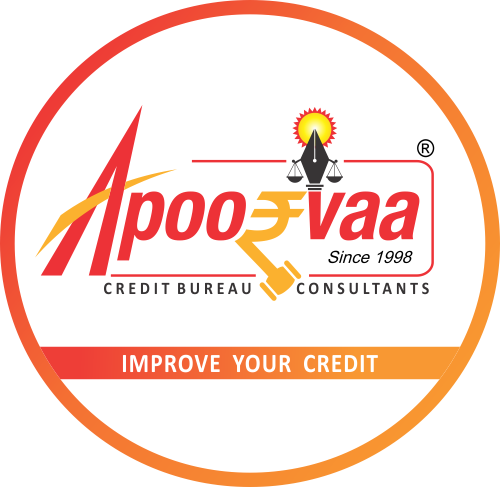
Credit Bureau also known as a Credit Information Company (CIC) is a central repository that collects, collates and maintains credit and loan related information of individual and commercial institutions.
Each lending institution by law has to be a member of at least one credit bureau and report credit information to it on a periodical basis. These Credit Bureaus facilitate lending institutions with comprehensive credit information based on financial records of individuals as well as commercial institutions which enable them(Lenders and financial institutions) to decide whether to accept or decline the applicant’s request for a loan or credit card.
In earlier times, when someone approached lenders or merchants for any credit, there was only a basis to judge the person’s personal approach which can be biased and not accurate. This was not appropriate for those who migrated from some other location because they have no credit history or merchant just does not know about them. As a solution for this, local merchants have decided to maintain a list in the 1860s for individuals who were bad credit risk or risky profile when you lend them and share the list with other merchants thus this is how a first non-official credit bureau came into existence. By sharing information about risky profiles, they have identified their own risk and were able to offer more credit to more people. But when the population began to grow and more people started moving or shifting to one place to another place, as a result merchants or businesses needed to have information about a wider range of individuals, especially those from outside their local regional and slowly there are regional and national level credit bureaus started to work.
In 1899, the first credit was founded by two brothers, Cator and Guy Woolford with the name “Retail Credit Company” which is now known as Equifax Inc. They have started as credit bureau business as a grocer, and they supervised the compilation of a list of customers, with indications of their creditworthiness for the local retail grocer’s association but in India it took almost a 101 year to have a 1st credit bureau which is CIBIL (Credit Information Bureau (India) Limited) founded in the year 2000.
How does the Credit Bureau or CIC work?
Member banks, Credit card companies and other financial institutions send financial data of registered individuals as well as commercial institutions to the Credit Bureau on a periodic basis. This Credit Bureau uses the financial information to create a credit report. This credit report contains a person’s personal information, payment history, number of accounts, default (if any), credit transactions, outstanding loan amount, and other such financial information. Based on this report and analysis of financial data, credit score is given to an individual which helps lenders to check on an individual’s creditworthiness.
When you apply for a loan or credit card, lending banks or credit card companies contact the credit bureau to check your credit history to judge your repaying ability, if your credit history and credit score is satisfying to lenders then only they are going to lend you money. On the request of banks, consumers, credit providers, insurance companies, credit card companies and collections agencies, Credit Information Companies provide Credit Reports.
In India, Credit Bureaus are licensed and regulated by the Reserve Bank of India(RBI) and are empowered under the Credit Information Companies (Regulations) Act 2005.
Currently, India has 4 credit bureaus that are licensed under and regulated by the law.
1 TransUnion CIBIL – The first Credit bureau of India, formerly known as Credit Information Bureau (India) Limited (CIBIL) was founded in the year of 2000. CIBIL has a strong and wide member base of over 950 entities including private and public sector banks, NBFCs, Housing Finance Company and other financial institutions. It maintains credit files on 600 million individuals and 32 million businesses. The products offered by CIBIL for individual are- Market Insights, CIBIL TransUnion Score, Credit Information Report and so on. For companies, one can get Portfolio Reports, CIBIL Bureau Analyser and CIBIL Credit Information Report and so on.
2 Experian – Experian is the global information services company established in 1996 in Ireland when the UK and US businesses are combined under the ownership of GUS. In 2006 Experian demerger from GUS (Great Universal stores) to become an independent company which is the first Credit Bureau to get license under CICRA act in 2010 in India. It maintains credit information on over one billion individuals and businesses worldwide. For individual consumers, one can get an Experian credit information report and for companies, one can get a customer acquisition report, collection and money recovery report, customer targeting and engagement, data and analytics amongst others. Experian was quick to make its space among the ‘World’s most innovative companies’ in one of the 2014 editions of the Forbes Magazine.
3 Equifax – Equifax is the first Credit Bureau of the world, formerly known as “Retail Credit Company” was founded in 1899 Atlanta, USA. In 2010, Equifax was granted a fully functional license in India under CICRA Act. It maintains credit information on over 800 million individual consumers and more than 88 million businesses worldwide. As a consumer, one can acquire credit information reports, Equifax risk score and so on. As a company, one can get credit fraud and risk management reports, portfolio management, complete industry diagnostics and others.
4 CRIF High Mark – CRIF High Mark was formerly known as High Mark Credit Information Services Private Limited was established in 2005 and acquired license to operate as a credit bureau from RBI under CICRA Act in 2010. It serves retail, agriculture and rural, commercial and microfinance etc. It maintains credit information on over 120+ Crore individuals and businesses. As a consumer, one can get geo analytics consulting, high mark credit reports, and portfolio management and so on. For companies, one can get a performance score, high mark credit report and portfolio management and so on.




